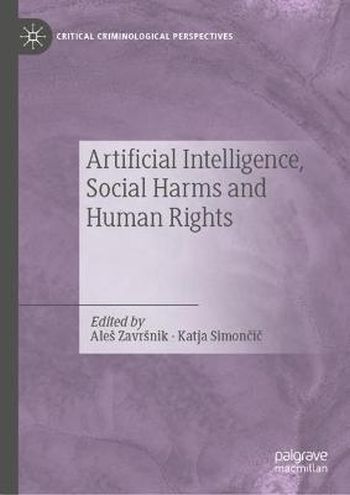
This book critically explores how and to what extent artificial intelligence (AI) can infringe human rights and/or lead to socially harmful consequences and how to avoid these. The European Union has outlined how it will use big data, machine learning, and AI to tackle a number of inherently social problems, including poverty, climate change, social inequality and criminality. The contributors of this book argue that the developments in AI must take place in an appropriate legal and ethical framework and they make recommendations to ensure that harm and human rights violations are avoided. The book is split into two parts: the first addresses human rights violations and harms that may occur in relation to AI in different domains (e.g. border control, surveillance, facial recognition) and the second part offers recommendations to address these issues. It draws on interdisciplinary research and speaks to policy-makers and criminologists, sociologists, scholars in STS studies, security studies scholars and legal scholars.